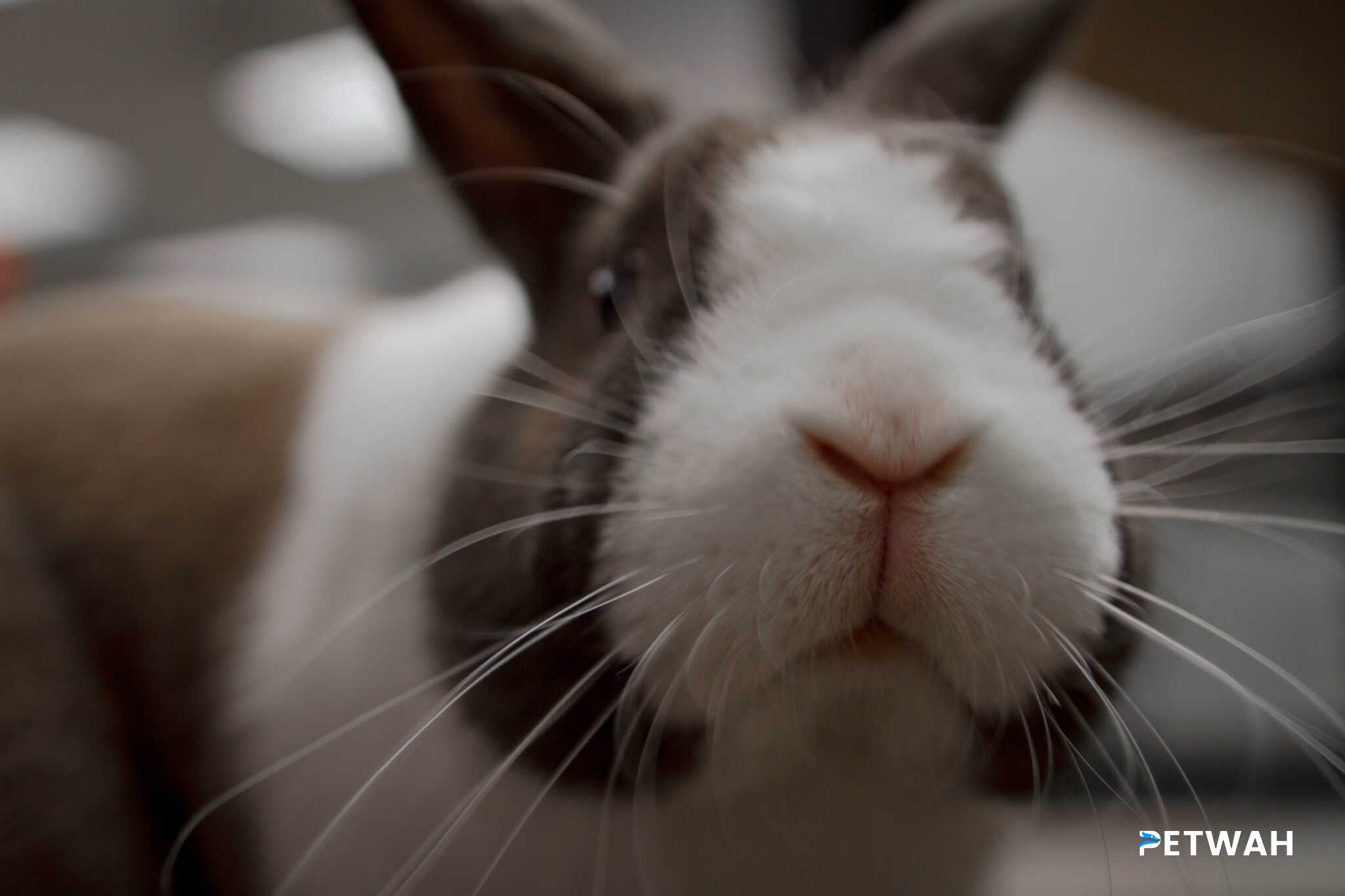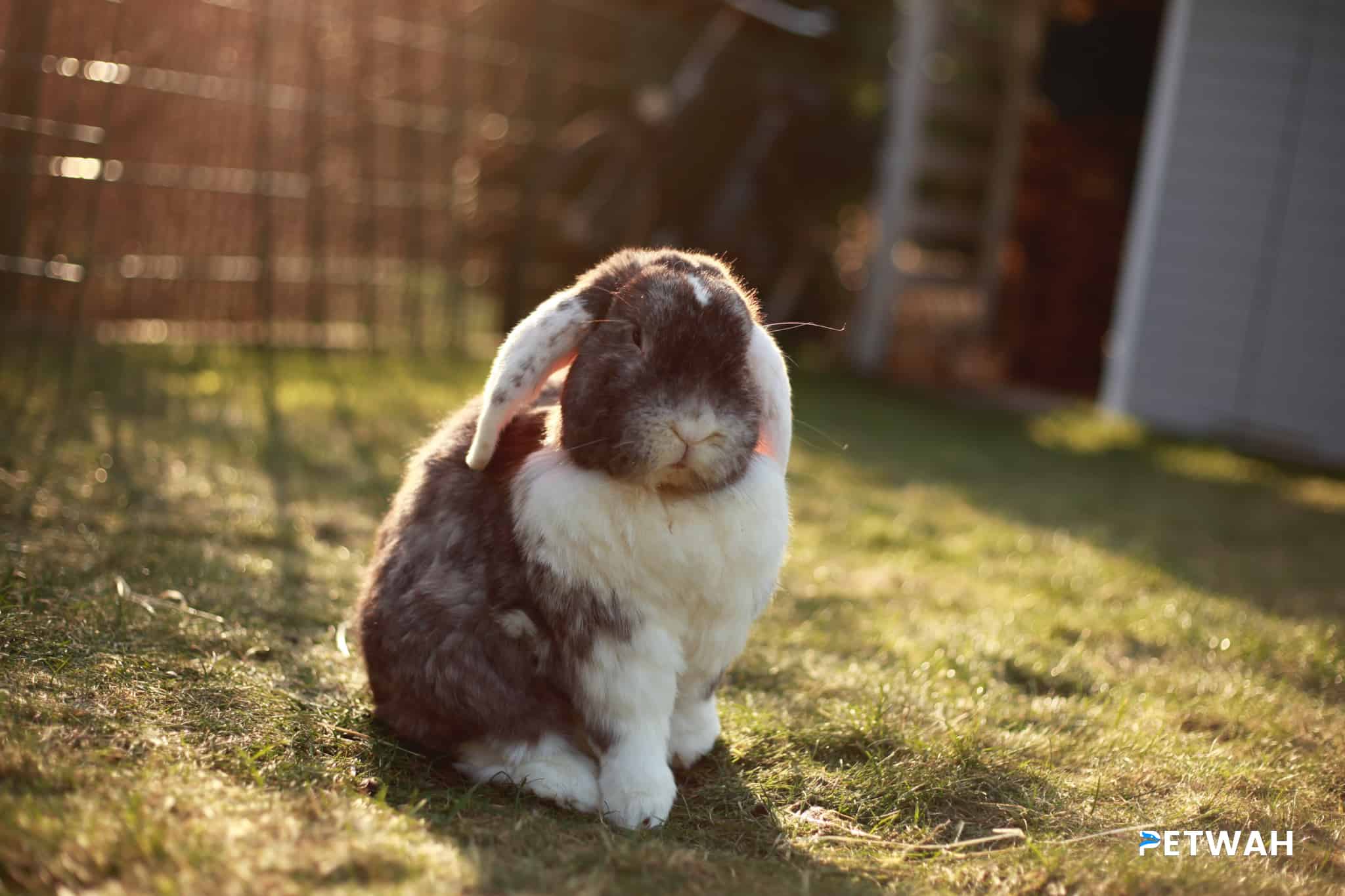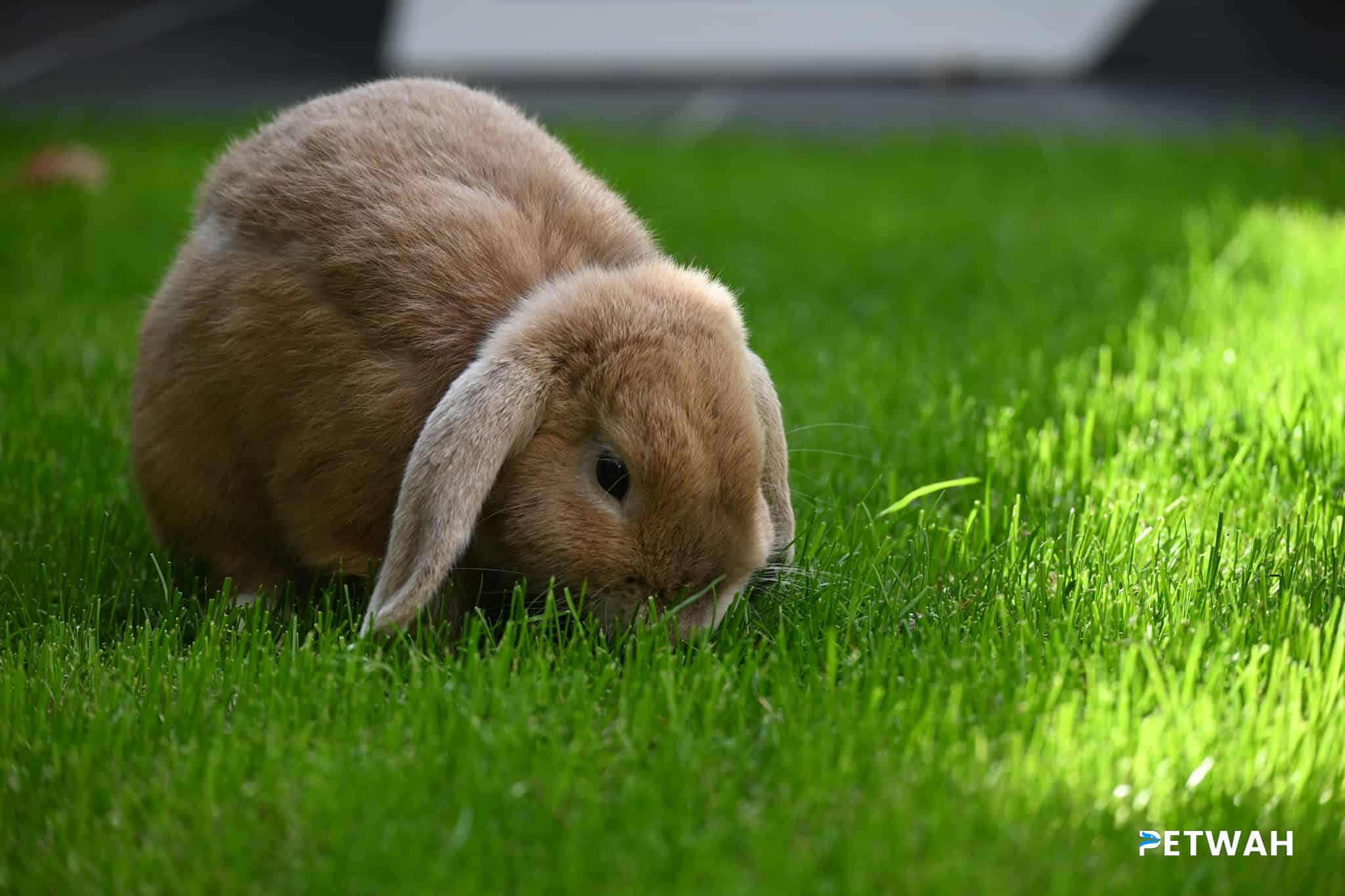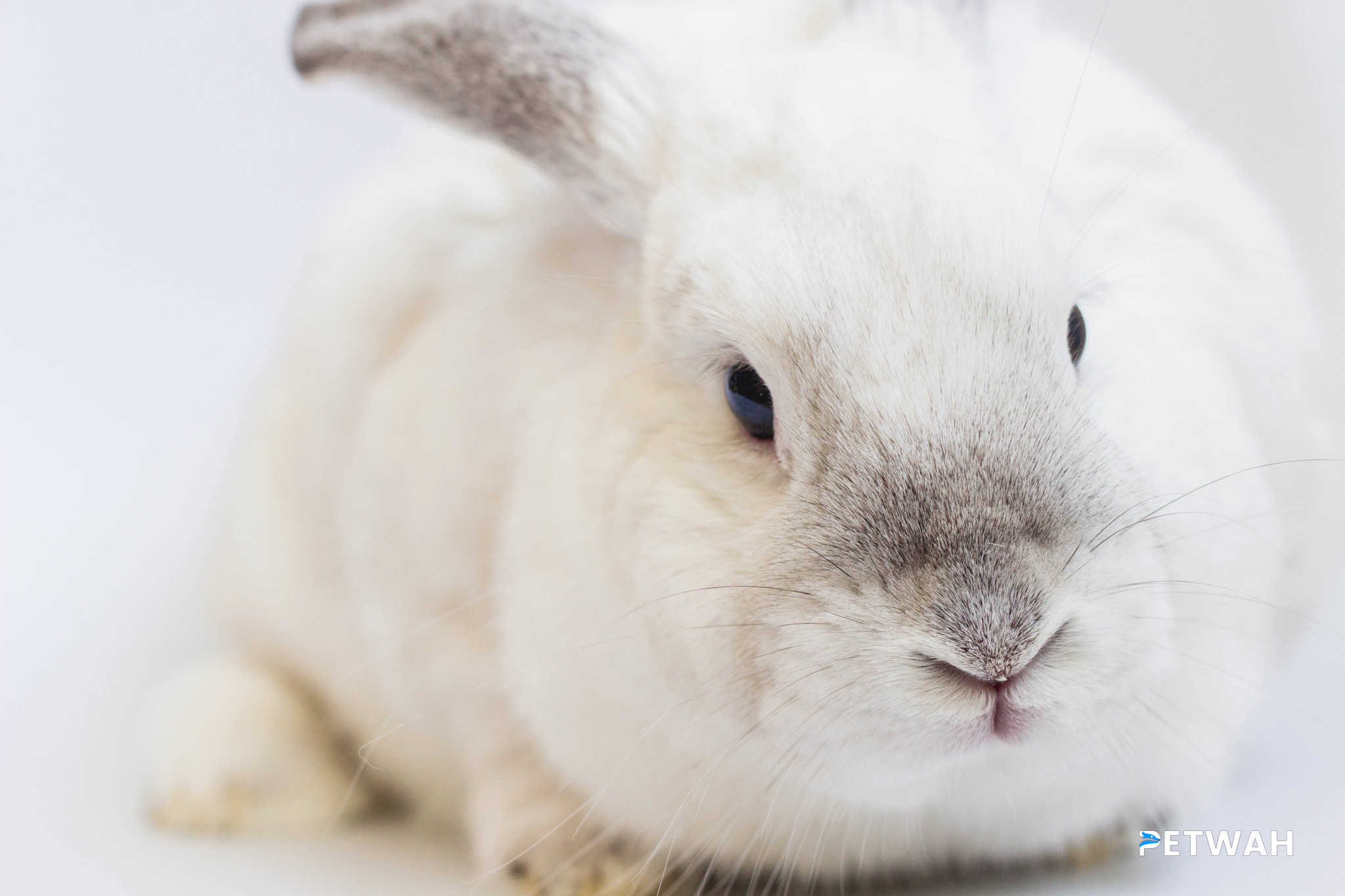Obesity is a growing concern among pet owners, and rabbits are no exception. While many think of bunnies as small and lightweight, they can actually become overweight and suffer health consequences just like any other animal. As a rabbit owner, it’s important to be aware of the signs of obesity in your furry friend so you can take action before it’s too late. In this blog post, we’ll discuss five warning signs that your rabbit may be overweight and what you can do to help them get back to a healthy weight.
As a pet owner, it is important to keep an eye on your rabbit’s weight to prevent obesity. Obesity in rabbits can lead to various health problems, such as heart disease, respiratory issues, and even death. Here are five warning signs to watch out for that indicate your rabbit may be overweight:
1. Difficulty Moving Around: One of the most common signs of obesity in rabbits is difficulty moving around. If your rabbit is struggling to move, hop or run, it may be an indication that they are carrying too much weight. This can also lead to joint problems and arthritis.
2. Lack of Appetite: Rabbits are known for their love of food, and if your rabbit suddenly loses interest in their food, it may be a signal that they are overweight. However, it is important to rule out any underlying medical conditions that may be causing the appetite loss.
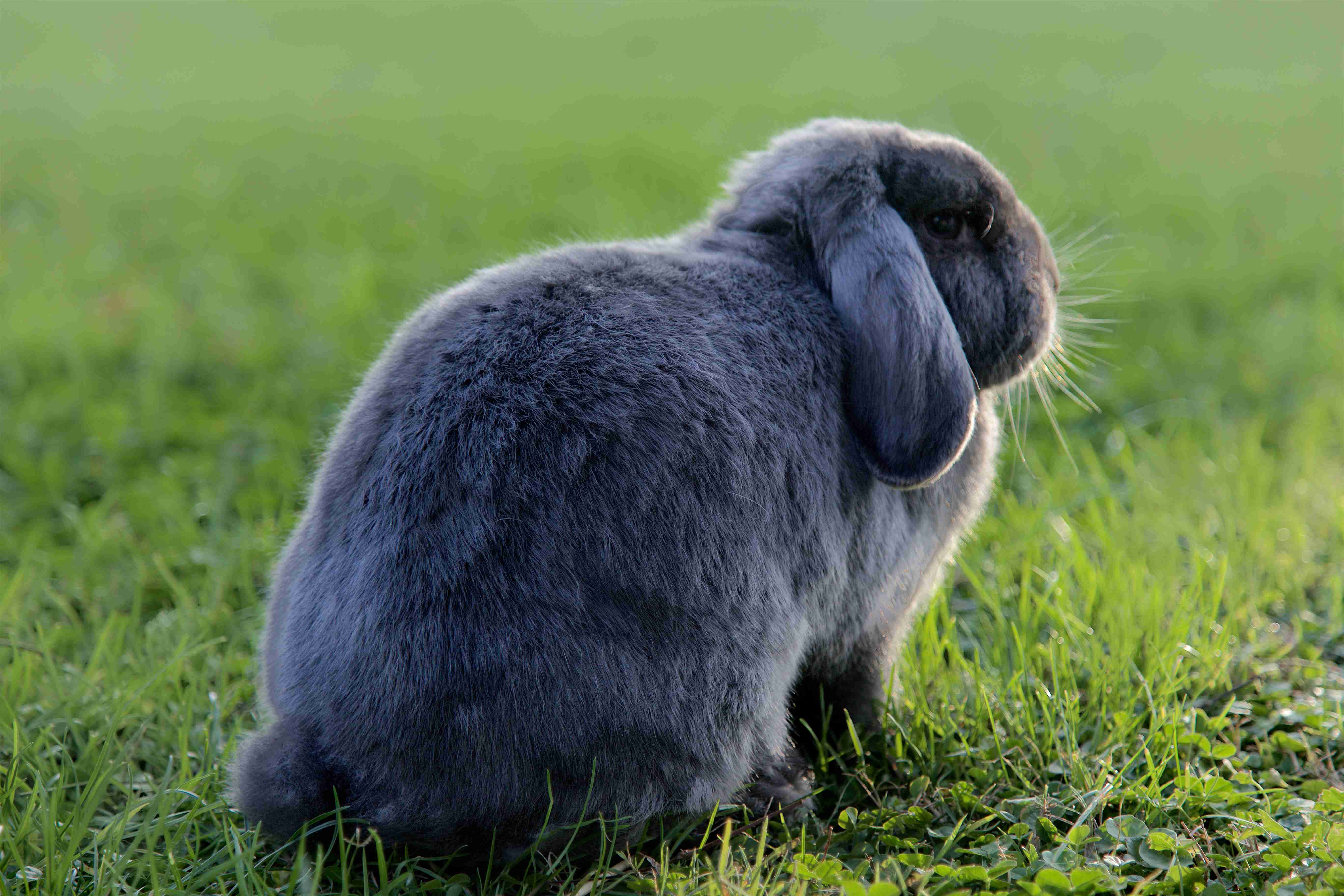
3. Bulging Sides: Another sign of obesity in rabbits is a bulging or distended side. If your rabbit’s sides are protruding, it may be a sign that they are overweight and carrying excess fat.
4. Heavy Breathing: Obese rabbits may also experience difficulty breathing due to the excess weight they are carrying. Heavy breathing or panting may be a sign that your rabbit is struggling to breathe properly.
5. Lack of Grooming: Rabbits are known for their cleanliness and grooming habits, but if your rabbit is unable to groom themselves properly, it may be a sign that they are overweight. Extra fat can make it difficult for rabbits to reach certain areas of their body, resulting in poor hygiene.
Preventing obesity in rabbits requires a balanced diet and regular exercise. You should also monitor your rabbit’s weight regularly and consult with a veterinarian if you suspect they may be overweight. By keeping an eye out for these warning signs and taking preventative measures, you can ensure that your rabbit stays healthy and happy.
In conclusion, obesity is a serious health issue that affects not only humans but also our beloved pets like rabbits. It’s important to keep a close eye on your rabbit’s diet and activity levels to prevent obesity and ensure their overall well-being. If you notice any of the warning signs we’ve discussed, it’s crucial to take action immediately and seek veterinary care if necessary. With proper care and attention, you can help your furry friend lead a happy and healthy life. So, keep these warning signs in mind and give your rabbit the love and care they deserve.


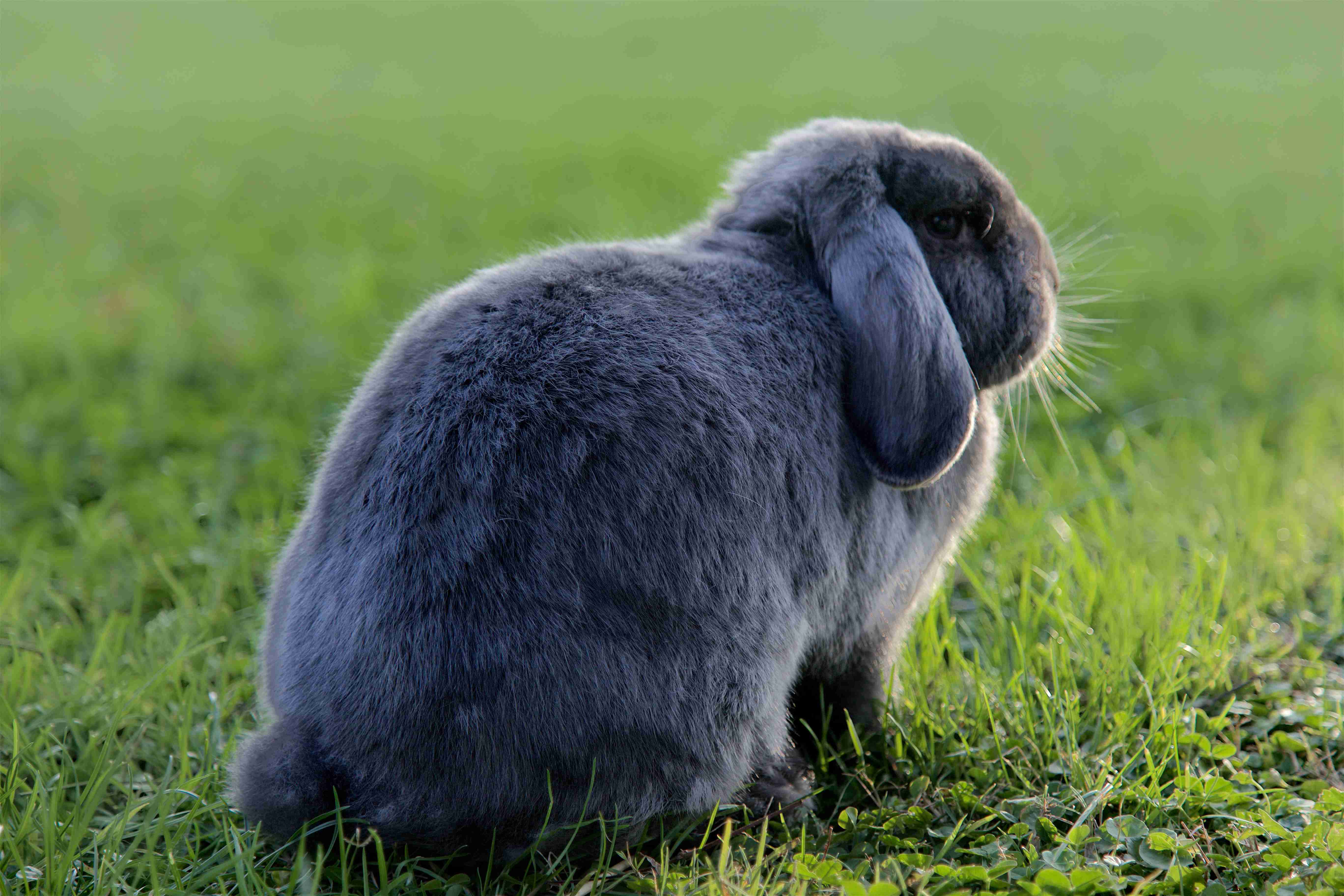
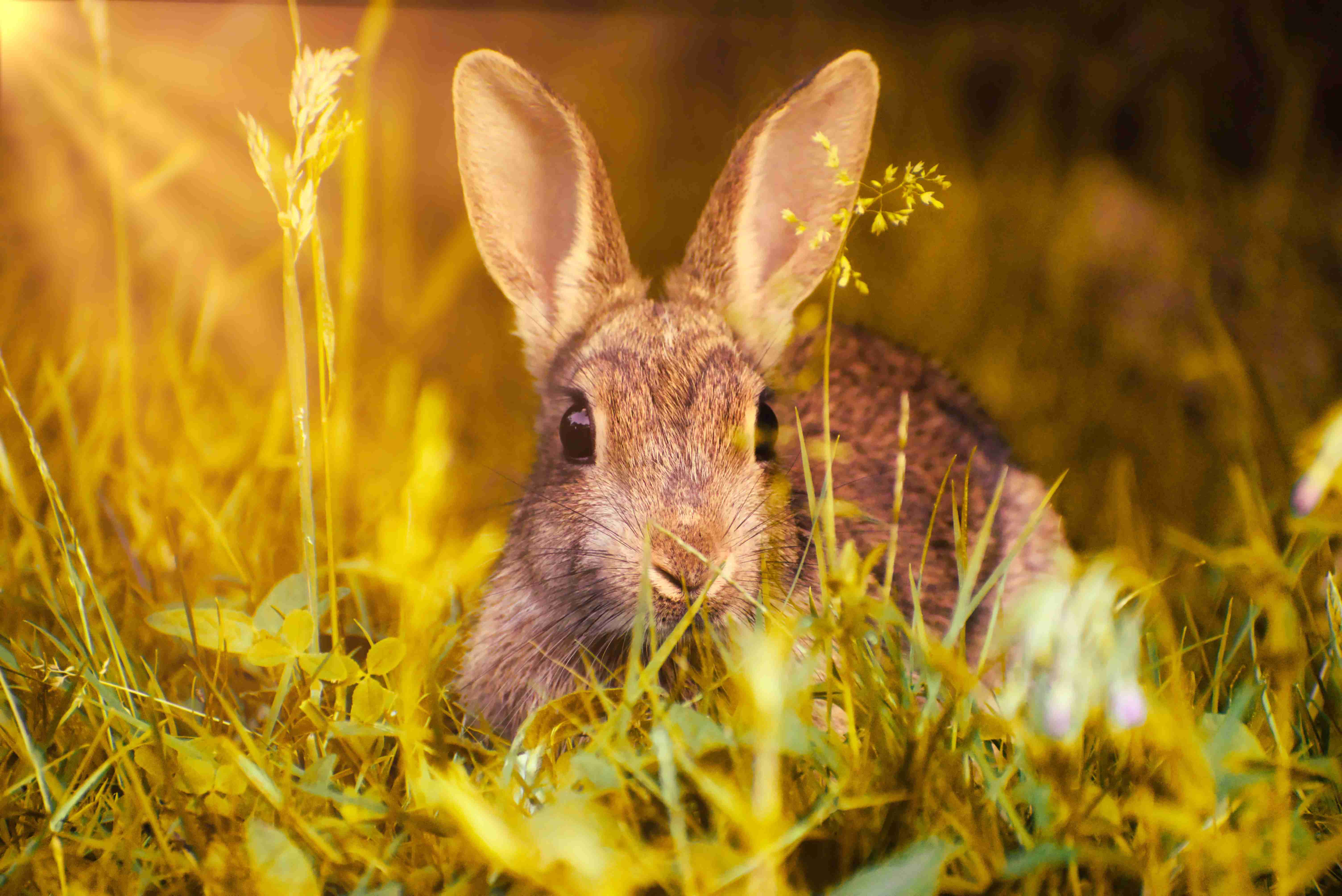
.jpg)
